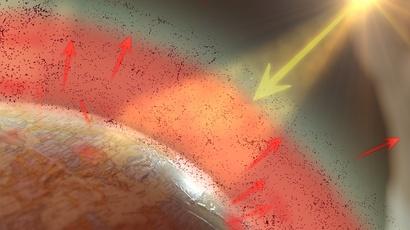Watch Clip

Can Bones Reveal How Dogs Evolved from Wolves?
5m 12s
A researcher uncovers 30,000-year-old skulls from Europe, which appear to be halfway between those of wolves and domestic canines. But do the skulls actually belong to the ancestors of today's dogs?





























